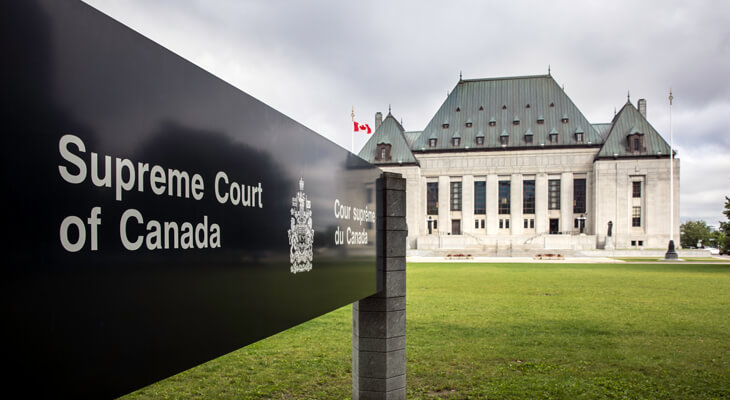
After the police arrest you for a possible felony, the first thing you should do is to write down every bit of detail about everything that happened at the police station. This will help you in remembering all the significant events related to your arrest when you go to trial later. It will also assist you in ensuring that you don’t miss any vital information when you’re reviewing your case with your criminal defence lawyer.
In case you’re arrested, you can be released with a promise to appear, an appearance notice, an undertaking given to the police, a commitment to a judge, or a document stating that you’re being released on your recognizance. These particular documents are highly significant because they specify when and where you must attend the court of law to address your charges.
Failing to appear in front of a judge on a specific date and time as per by the concerned police officer can result in a further charge, known as “failure to appear”; a criminal felony under Section 145.(5) of the Canadian Criminal Code.
Appearance Notice (Form 9 Under The Canadian Criminal Code)
An appearance notice is filled out by the police and is provided to the arrestee at the time of release, indicating his or her first court appearance (with specified date and place). It also generally shows where and when a person must appear for fingerprints.
Usually, you’ll receive this letter from the police officer when you’re being arrested and released without needing to bring you back to the police station for processing.
Promise To Appear (Form 9 Under The Canadian Criminal Code)
You’ll also receive this form after getting released from custody, specifying the type of criminal charge and time and place of your first appearance in the court of law. It can also include information regarding the timing of the fingerprinting process at the police station.
Undertaking To Police (Form 11.1 Under The Canadian Criminal Code)
This form will indicate what offence you’ve been charged with, and conditions you must follow upon your release. The requirements involved could restrict your ability to travel to a specific area, possess weapons, consume drugs, or communicate with particular individuals. Failing to comply with this undertaking will result in a further criminal offence charge under Section 145 (5) and (6) of the Canadian Criminal Code.
Nonetheless, if you’ve got a compelling reason to do so, your criminal defence attorney can apply to Section 499(3) of the Criminal Code to vary the conditions of the undertaking.
Recognizance Before An Officer Incharge (Form 11 Under Canadian Criminal Code)
When you get arrested for a possible crime, you can get yourself released based on a recognizance (a written promise or acknowledgement to appear before a judge on said date and time and follow certain conditions in the meantime) until your matter gets resolved in the court of law.
Failing to adhere to these stipulations may result in forfeiting a sum of money, as mentioned in the recognizance. You’ll also get charged with another criminal offence under the Criminal Code for breaching the recognizance.
Undertaking To A Judge (Form 12 Under The Canadian Criminal Code)
An undertaking given to a judge is a type of release that is received when the judge approves your bail. After agreeing, you’ll be bound to appear before a judge on a specified place, date and time. The undertaking will outline the type of offence you’ve been charged with and also the conditions you need to comply with until your next appearance in court.
Failing to appear in front of a judge on a given day or to comply with stipulations mentioned in the undertaking will lead to an additional criminal charge against you. In addition to that, you could also be brought back in custody until your matter gets resolved.
Irrespective of the form of your release from police custody, make sure you fully comply with the conditions as stated in the documents. An expert criminal defence lawyer can help if you want to get released from custody as soon as possible and also if you’re going to change the conditions of your release.
Slaferek Callihoo is a leading criminal defence law firm based in Edmonton, Alberta. Visit our website to learn more about our expert services or contact us for professional legal advice.
